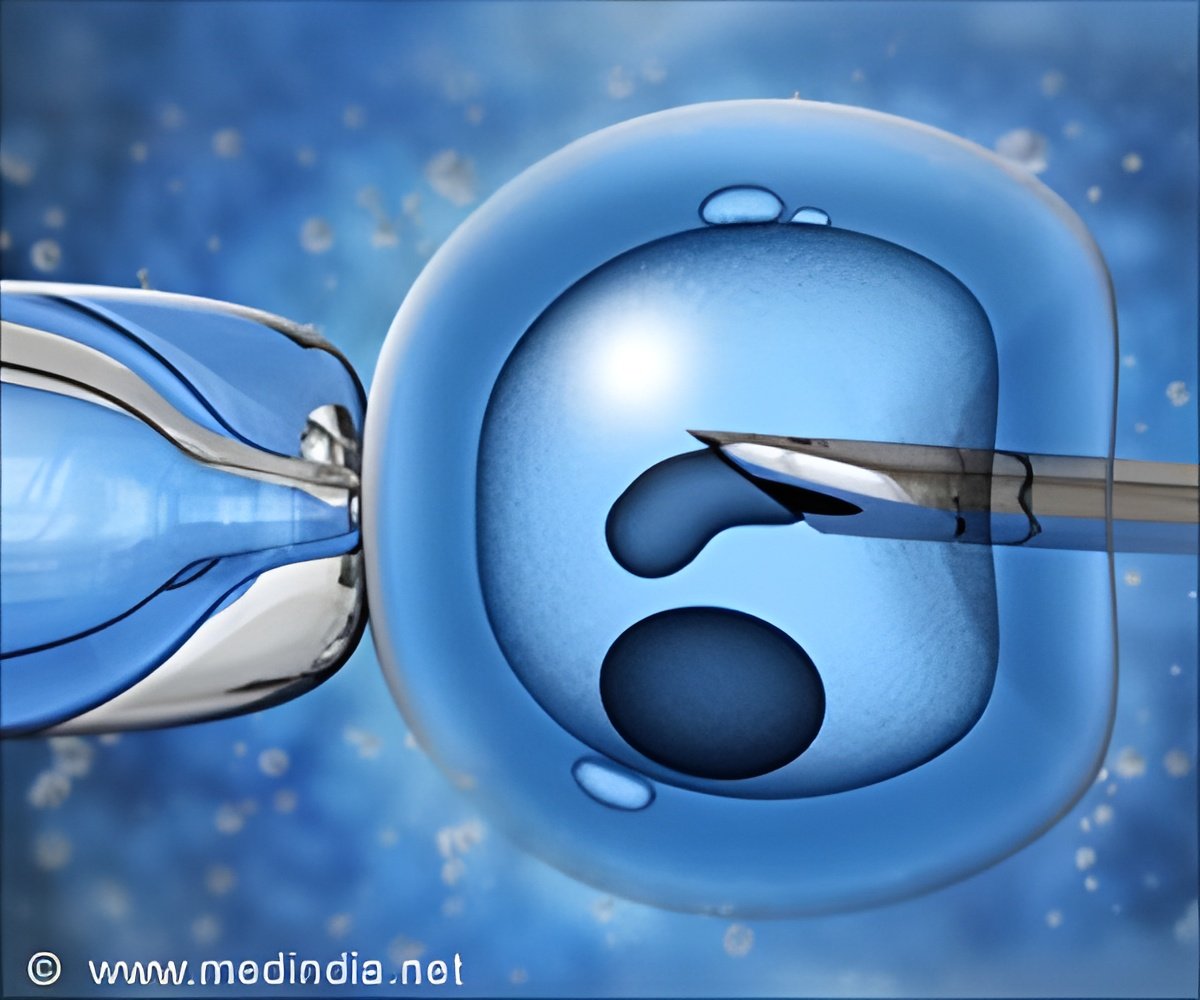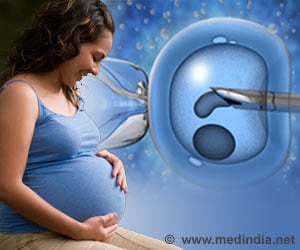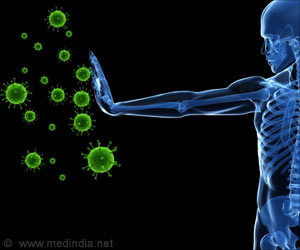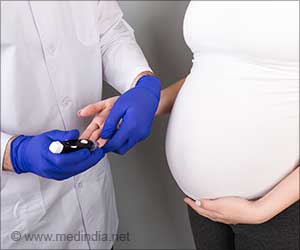Researchers in Australia claim that IVF babies are at an increased risk of complications like stillbirth, birth defects. However, it is too immature to blame IVF treatment alone at this point of time.

Another point to be considered is that the study period was between 1986 and 2002, i.e. more than a decade old; IVF technology and clinical procedures have advanced a lot since then.
"We need to add more data to see if the improvements in embryology and clinical treatment over the past five to 10 years have flowed through to improve these perinatal outcomes. That is quite plausible, but we do not know."
Preterm birth rates rose from 4.7% in naturally conceived babies to 8% in those born to couples who had IVF. Neonatal deaths rose from 0.3% in naturally conceived babies to 0.5% in IVF children, according to the study.
It is hard to find out how much damage is due to the treatment itself; the parents' health or lifestyles may be important. Women undergoing IVF treatment usually are ones who have already gone through multiple other treatment, no one knows if these ‘other treatments’ are responsible for the aftermath.
"We know this group of women tend to use a drug called clomiphene citrate for infertility. It's a very common, very cheap drug, but its adverse consequences have not been terribly well studied. We are now extremely keen to investigate this," says Davies.
Source-Medindia













